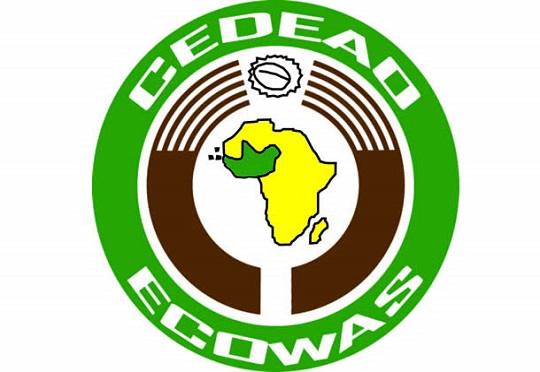Nigeria has received the sum of $245,000 from the Economic Community of West African States (ECOWAS) to assist it in tackling fistula disorder (Vesicovaginal fistula).
The support, which was also extended to seven other countries, bringing it to a total of $1.96 million, is in furtherance of efforts to address the issue which has become prevalent in the West African region.
The ECOWAS Gender Development Centre disbursed a total of $1.96 million, with each of the eight countries, including Nigeria, receiving $245,000 each. The beneficiary nations also include Togo, Benin, Guinea Bissau, Ghana, Cote D’Ivoire, Gambia, and Liberia.
The presentation of cheques to the recipient countries took place during the 91st Ordinary Session of the ECOWAS Council of Ministers held in Abuja, marking a significant step in addressing health challenges affecting women in the region.
Speaking at the event, the Minister of Foreign Affairs and Chairman of the ECOWAS Council of Ministers, Amb. Yusuf Tuggar, highlighted the economic challenges facing the region, including inflation, high food prices, and currency devaluation, which have adversely affected economies.
He stressed the need for prudent financial management and urged Council Ministers to support efforts aimed at blocking financial leakages to ensure judicious use of available resources.
Tuggar acknowledged the importance of addressing economic challenges, emphasising the impact on gross domestic product, revenue generation, and the mobilisation of the Community Levy due to currency devaluation.
The President of the ECOWAS Commission, Omar Touray, raised concerns about the challenges faced in levy collection, noting that some member states under sanctions have ceased remitting levies.
Touray emphasised the crucial role of financial resources in addressing the region’s challenges and urged the Council of Ministers to mobilise the levy fully to implement community work programs and sustain ECOWAS successes.
The situation underscores the need for collaborative efforts to overcome financial constraints and advance the collective goals of ECOWAS in the face of growing tasks and difficulties.









